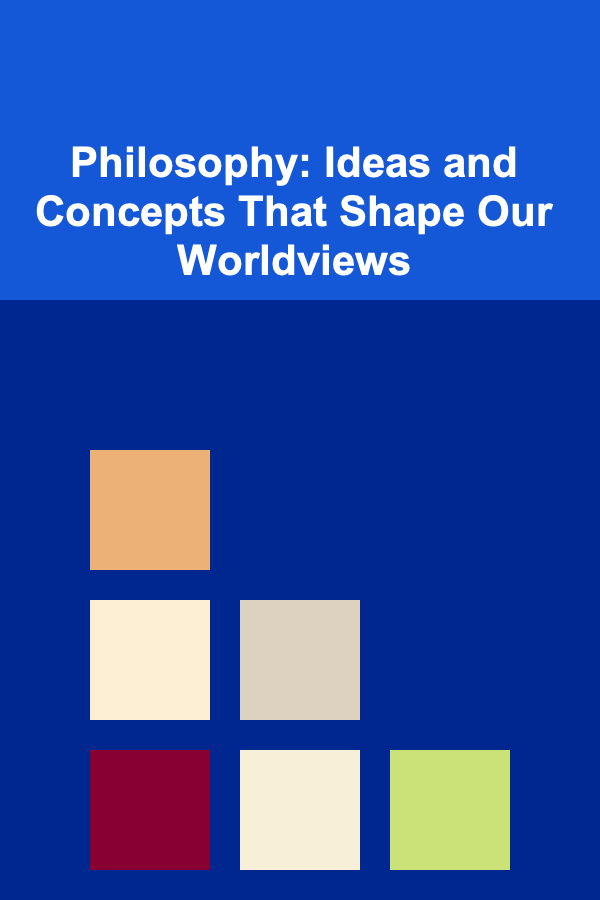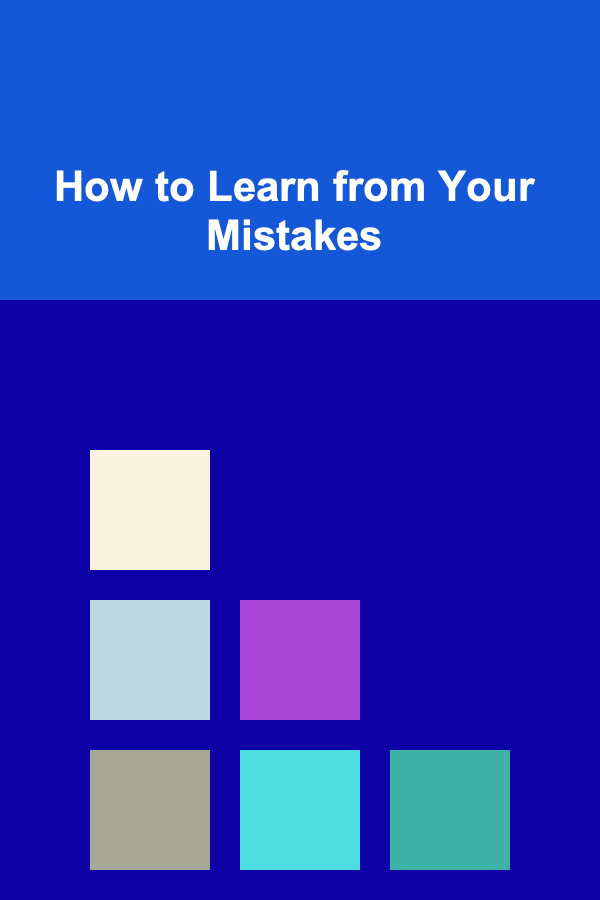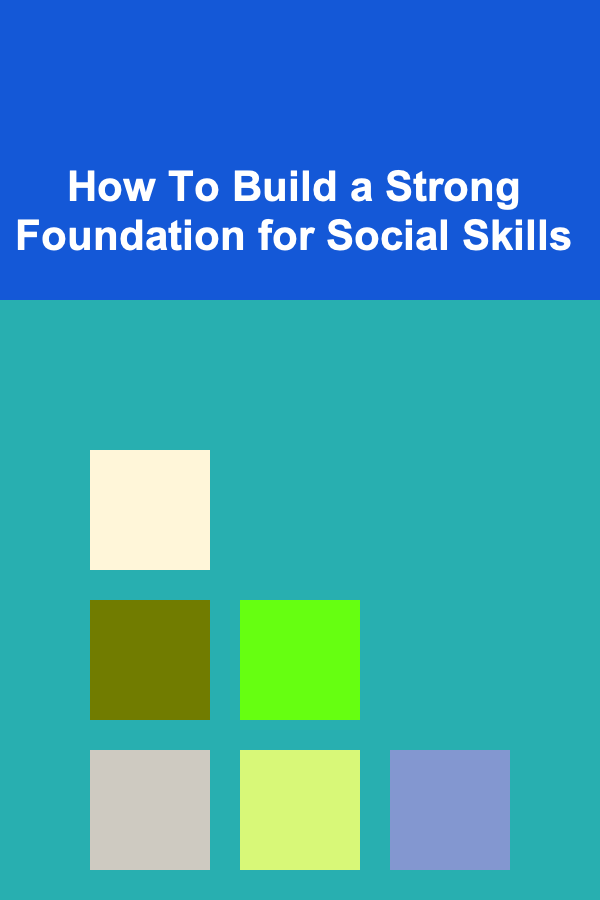
Philosophy: Ideas and Concepts That Shape Our Worldviews
ebook include PDF & Audio bundle (Micro Guide)
$12.99$10.99
Limited Time Offer! Order within the next:

Philosophy is the pursuit of wisdom, a discipline that explores fundamental questions regarding existence, knowledge, values, reason, mind, and language. For millennia, philosophy has sought to answer questions that shape how we understand ourselves and the world around us. Ideas and concepts developed within philosophical traditions have influenced the ways in which individuals and societies approach morality, politics, religion, science, and everyday life.
In this actionable guide, we will explore key philosophical ideas and concepts that have profoundly shaped worldviews throughout history. By understanding these foundational philosophical tenets, we can gain insight into how philosophical thinking continues to impact our decisions, relationships, and societies today.
The Nature of Reality: What is Existence?
At the heart of philosophy lies the fundamental question: What is reality? This question encompasses several branches of philosophy, including metaphysics, ontology, and epistemology. The nature of reality has long been a subject of inquiry, as different philosophical traditions offer varying answers to the question of what exists and how we come to know it.
The Concept of Being: Ontology
Ontology is the branch of philosophy that deals with the nature of being and existence. It addresses questions like "What entities exist?" and "What does it mean to exist?" One of the most famous discussions of ontology is found in the writings of the ancient Greek philosopher Parmenides, who argued that "being is," suggesting that only what is real can truly exist.
Later thinkers, such as Martin Heidegger , expanded the discussion of being by focusing on the individual's experience of existence. Heidegger's concept of Being-in-the-world emphasizes the interconnectedness of human beings with the world around them, proposing that we cannot fully separate ourselves from the context in which we live.
Idealism vs. Materialism
Philosophers also debate whether reality is fundamentally mental or material. Idealism , as proposed by thinkers like George Berkeley and Immanuel Kant, asserts that reality is fundamentally mental or spiritual. For idealists, our perceptions, ideas, and consciousness shape the world around us, and reality is a construct of the mind.
In contrast, materialism (championed by figures like Karl Marx and Baruch Spinoza) holds that physical matter is the primary substance that makes up reality. Materialists argue that the material world exists independently of our thoughts or perceptions, and that consciousness arises from the physical brain.
These two opposing views---idealism and materialism---have been central to philosophical discourse and have shaped not only metaphysical debates but also how we approach science, religion, and human nature.
Ethics: What is the Right Way to Live?
Ethics, or moral philosophy, is the branch of philosophy concerned with questions of what is right and wrong, good and bad, just and unjust. Ethical theories offer frameworks for evaluating human behavior and determining how individuals ought to live in relation to one another and society.
The Utilitarian Approach
One of the most influential ethical theories is utilitarianism , first formulated by philosophers Jeremy Bentham and John Stuart Mill . According to utilitarianism, the right course of action is the one that maximizes overall happiness or well-being. This idea is encapsulated in the principle of the greatest happiness, which argues that ethical decisions should be made based on their consequences for the greatest number of people.
While utilitarianism has been influential in shaping political and social policies, it has also faced criticism for its emphasis on outcomes over moral duties. Critics argue that utilitarianism may justify harmful actions if they lead to a greater overall good, leading to ethical dilemmas in real-world scenarios.
Deontological Ethics
In contrast to utilitarianism, deontological ethics , as articulated by Immanuel Kant, emphasizes duty and principles over consequences. Kant's ethical theory is grounded in the belief that certain actions are intrinsically right or wrong, regardless of their outcomes. For example, lying is always wrong, even if telling a lie might lead to a greater benefit.
Kant's categorical imperative is a foundational concept in deontological ethics. It dictates that individuals should act according to maxims that can be universally applied. In other words, a person should only act in ways that could be rationally willed to become a universal law, applicable to everyone in similar circumstances.
These differing ethical frameworks---utilitarianism and deontology---have shaped debates on everything from medical ethics to human rights, influencing how we think about justice, fairness, and moral responsibility.
Political Philosophy: How Should Society Be Organized?
Political philosophy examines the fundamental questions of governance, power, justice, and the rights of individuals within a society. Throughout history, philosophers have pondered how to create a just and well-ordered society. Ideas from political philosophy continue to shape political institutions, legal systems, and public policies across the globe.
The Social Contract Theory
The social contract theory is a central concept in political philosophy. Thinkers such as Thomas Hobbes , John Locke , and Jean-Jacques Rousseau argued that the legitimacy of government arises from an implicit agreement between individuals and the state. According to the social contract, individuals consent to give up certain freedoms in exchange for protection and the benefits of living within a society.
- Hobbes argued that without a strong, central authority, life would be "solitary, poor, nasty, brutish, and short." For Hobbes, the social contract was necessary to prevent anarchy and establish order.
- Locke, on the other hand, emphasized that the social contract should protect individual rights, including life, liberty, and property. Locke's ideas influenced the development of democratic principles, particularly the notion of consent of the governed.
- Rousseau took a more radical stance, arguing that the social contract should be based on the collective will of the people, or the general will. Rousseau's ideas about democracy and direct participation had a significant impact on the French Revolution and the development of modern republicanism.
Theories of Justice
Political philosophers also grapple with the concept of justice and how it should be distributed in society. John Rawls , in his influential work A Theory of Justice , proposed the idea of the original position and the veil of ignorance as a thought experiment for designing a just society. Rawls argued that people, when deciding on principles of justice, should do so from an impartial standpoint, not knowing their own social status, wealth, or abilities. This ensures fairness, as decisions will be made with the interests of all people in mind.
In contrast, Robert Nozick , a libertarian philosopher, argued in Anarchy, State, and Utopia that justice should be based on the protection of individual rights and private property. Nozick's theory of justice emphasizes minimal government interference and the importance of voluntary exchange.
Theories of justice continue to inform debates on issues such as income inequality, access to healthcare, and the role of the state in regulating the economy.
Epistemology: What Can We Know?
Epistemology is the branch of philosophy that investigates the nature, scope, and limits of human knowledge. Epistemologists ask questions like "What is knowledge?" and "How can we be certain that what we know is true?" The study of epistemology touches on issues of perception, belief, justification, and truth.
Empiricism vs. Rationalism
The debate between empiricism and rationalism is a foundational issue in epistemology. Empiricism , championed by philosophers such as John Locke and David Hume, argues that knowledge comes primarily from sensory experience. For empiricists, all knowledge is derived from what we observe and experience in the world around us.
In contrast, rationalism , as put forward by thinkers like René Descartes and Baruch Spinoza, argues that reason and logic are the primary sources of knowledge. Rationalists believe that certain truths, such as mathematical principles, can be known independently of sensory experience.
The tension between empiricism and rationalism has shaped modern scientific methods and our understanding of how we acquire knowledge.
The Problem of Skepticism
Skepticism, the view that knowledge is uncertain or impossible, has been a major challenge in epistemology. Pyrrho of Elis and later René Descartes introduced skepticism as a philosophical position that questions whether we can truly know anything about the world.
Descartes' famous cogito ergo sum ("I think, therefore I am") was his solution to skepticism. Descartes argued that the very act of doubting one's existence proves that one exists as a thinking being. This insight laid the foundation for modern philosophy and has influenced how we approach knowledge, doubt, and certainty.
The Meaning of Life: Existentialism and Beyond
The search for meaning is a central concern in philosophy, particularly in existentialism and related philosophical movements. Existentialist thinkers such as Jean-Paul Sartre and Albert Camus argued that life has no inherent meaning, and that individuals must create their own purpose through their actions and choices.
Sartre's Existentialism
Jean-Paul Sartre, one of the key figures of existentialism, famously stated that "existence precedes essence," meaning that humans are not born with a predefined purpose or essence. Rather, individuals must define themselves through their choices and actions. This emphasis on freedom, responsibility, and authenticity has had a profound impact on modern conceptions of personal identity and the search for meaning.
Camus and the Absurd
Albert Camus explored the idea of the "absurd," which arises from the conflict between humanity's search for meaning and the indifference of the universe. In The Myth of Sisyphus, Camus depicted the eternal struggle of the character Sisyphus, condemned to push a boulder up a hill only for it to roll down again. For Camus, this image symbolizes the human condition: the quest for meaning in a world that offers no inherent answers. Nevertheless, Camus suggested that one can still find meaning in life through rebellion and personal commitment, even in the face of the absurd.
Conclusion
Philosophy is a profound exploration of the ideas and concepts that shape our understanding of the world, our place within it, and our interactions with others. The philosophical questions of reality, ethics, politics, knowledge, and meaning are as relevant today as they were in ancient times. By studying philosophy, we can better appreciate the richness of human thought and apply its insights to our everyday lives, deepening our capacity for critical thinking and improving our ability to navigate the complexities of modern existence.

How to Make Homemade Family Gifts for Holidays
Read More
How to Set Up a Pet-Friendly Kitchen
Read More
How to Set Up an Eco-Friendly Craft Supply Storage
Read More
How to Understand Basic Small Business Accounting
Read More
How to Learn from Your Mistakes
Read More
How To Build a Strong Foundation for Social Skills
Read MoreOther Products

How to Make Homemade Family Gifts for Holidays
Read More
How to Set Up a Pet-Friendly Kitchen
Read More
How to Set Up an Eco-Friendly Craft Supply Storage
Read More
How to Understand Basic Small Business Accounting
Read More
How to Learn from Your Mistakes
Read More